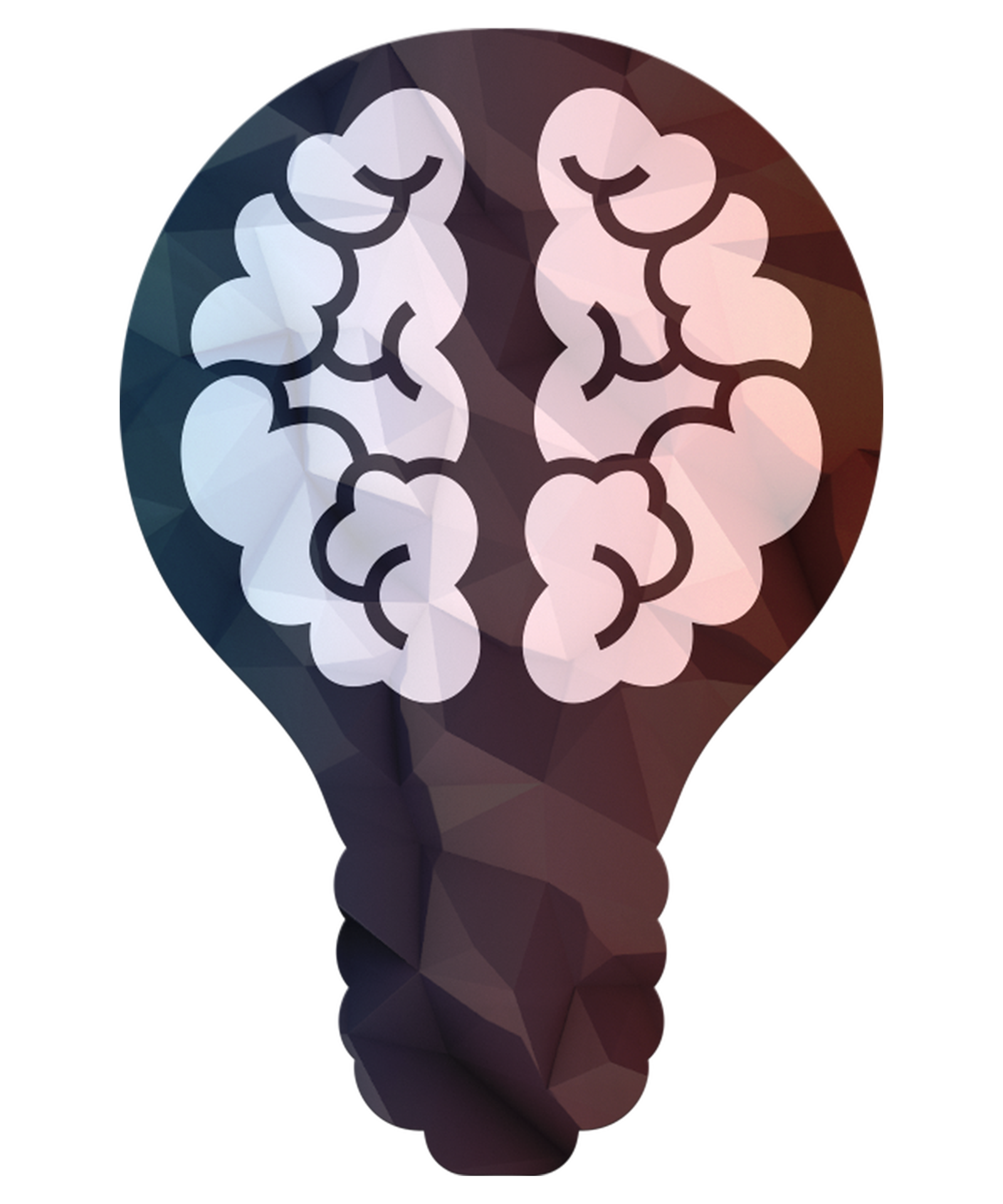“You remind me a lot of my 9-year old son with autism.”
This is what was said to me on March 21st, 2017, at Disability Advocacy Day, by the executive director of an autism awareness non-profit organization in Wisconsin.
Without context, an initial reaction to this statement might be one of offense. However, if you know that I am a severe traumatic brain injury (TBI) survivor with retrograde amnesia, the parallels may be more clear.
This is what I thought at the time: Both conditions relate back to brain function and development. Individuals with either autism or TBI may have the ability, or experience circumstances, that change their operative capabilities to be more or less “disordered” [yuck, just writing that word to describe people makes me cringe, sorry, ew]. A lot of stereotypical skills, or lack of, in either population can be portrayed as unique advantages or major hindrances. A lot of the key advocacy points surrounding autism are actually similar, or the exact same, as for brain injury.
The reason my thoughts gathered this way was that I recalled how at my brain injury support group in Madison, we regularly had an individual with adult autism attend. He was there to support his girlfriend with brain injury, but he himself would often participate and share how he related deeply to our circumstances as TBI survivors. I also saw this video about autism on Facebook one time and I was amazed by how many of my peers and I could have benefited from someone sharing similar messages about us.
 Image from: Amazing Things Happen – by Alexander Amelines.
Image from: Amazing Things Happen – by Alexander Amelines.
Thanks to that executive director, my peers with autism, and the communities that advocate for ASD, I became aware of the parallels with brain injury. This is what inspired me to cross over into “their area” to see if we might have the opportunity to amplify each other’s voices and become more aware of each other! I thought: perhaps both of our communities could grow and our younger peers may have more individuals who could relate to them.
So on July 25th, I took the journey, which by car would have been 21 minutes, but on public transportation took me an hour, to THEARC in southeast DC. This is where the Center for Autism Spectrum Disorders at Children’s National was hosting a workshop for parents and professionals.
The program involved an overview of autism, how to notice early signs in children, home and school interventions, how medications might fit in, and there was a parent panel to share their personal experiences raising individuals with autism.

I learned SO MUCH. And I it pretty much confirmed that yes. Individuals with brain injury and individuals with autism can have very similar symptoms and life experiences…
However, to not make this post a novel, would it be helpful to share some of what I learned by subject in their own discrete posts?
Here is a preview of some of what I learned:
Earlier I mentioned how individuals with autism and brain injury have changing levels of abilities. For autism, the variation in type and severity of symptoms is now recognized in their diagnosis as “autism spectrum disorder (ASD)” in the Diagnostic and Statistical Manual of Mental Disorders (DSM-5). The placement of an individual on the spectrum depends on the level of severity and degree of support needed for two core symptoms:
- Problems with social communication
- Restricted and repetitive behaviors

I did not like the graphic that was used in the presentation (the one above) because it made it appear as though “noticeability” was a factor in level determination. Really? Functionality depends on how obvious our symptoms are to others?
I thought about how even though I was very disabled and struggling in my earlier days, I hardly ever asked for support and I was always hiding my disabilities. [To be honest, though, this was to my own fault…and to be fair, I was/am an adult-child hybrid so I did have a striking advantage in terms of development. In other words, using hindsight bias, I recommend asking for help when you need it!!].
Additionally, as of May 2013, the terms Asperger syndrome, Childhood Disintegrative Disorder, Pervasive Developmental Disorder-NOS, and other diagnoses attributed with certain types of autism are no longer used for diagnosis. ASD is now used as the overarching term with the various levels.
Soooo…is this interesting to you?? Do you want to learn more about autism? Or the differences and similarities between autism and brain injury? If so, please comment below or contact themindreset@gmail.com!
The MindReset blog also had an individual with adult autism write a piece in April: “Beyond Bright Lights and Friendless Confines: Increasing Awareness of the Breadth of Autism”. This author reviewed this piece and will comment on crossover symptoms in a future post.
Finally, let’s wrap-up this post with a brief reflection:
Instead of saying, “Let’s make sure we have sensory tools in schools for kids who have autism!” and “We need speech-language therapists for people with brain injury!”, it might be possible to say, “We as individuals with brain injury support funding for music and art because our peers with autism would also benefit greatly from this service, and frankly, probably our whole community at large.” What do you think?
Please comment below!

Please connect with us if you are seeking support or hoping to learn more about being part of a Supportive, Inclusive, Compassionate, and Kind community:
Join The MindReset!
Check out Events for support groups or live events:
- Follow The MindReset Facebook page
- Follow The MindReset Twitter
- Follow The MindReset Instagram
You are always welcome to connect directly with an individual from TMR at themindreset@gmail.com or (802) 377-MIND.



2 thoughts on “Is there an opportunity for cross-advocacy? Brain injury survivor attends autism workshop”
Bonding over challenges can be a great way to bridge disparate communities, particularly when it comes to invisible illnesses. Common features may involve internal symptoms, such as sensory reactivity, or external ones, such as social stigma and ostricization. I know that being autistic and attending the meetings, I felt like I was intruding into a world that was not my own at first—until I started hearing TBI survivors tell their stories and realizing how many challenges were the same.
Thank you, Mark, for helping individuals with brain injury learn that there are people out there with different diagnoses, yet understand similar circumstances! Definitely helps us realize how large our communities truly are and makes people feel less alone! Thank you!